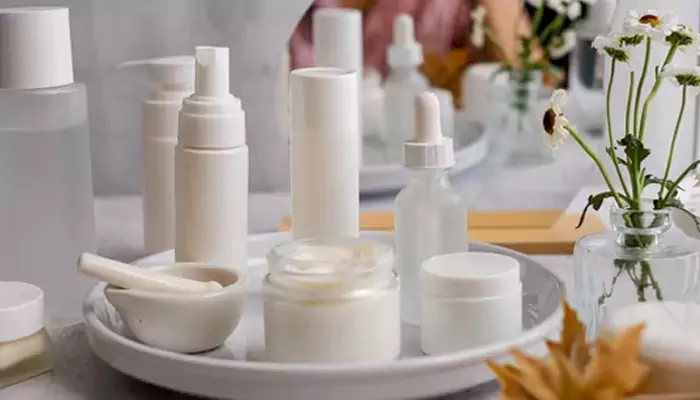Gift Giving Guide – What To Bring (And What To Skip) For Patients
- Ishani Karmakar
- 1 year ago
- 4 minutes read

When a friend or loved one is in the hospital or recovering at home, your instinct might be to bring a gift to show your support and lift their spirits.
But finding the right gift can be tricky – after all, not all presents are created equal, especially when someone is unwell. You want to bring something that’s thoughtful, useful, and comforting, but it’s equally important to avoid items that might be impractical or even detrimental to their recovery. Here’s a guide to help you navigate the dos and don’ts of gift-giving for patients.
What to Bring – Thoughtful and Comforting Gifts
Cozy and Practical Items
Comfort is key when someone is unwell. Soft blankets, plush socks, or a cozy robe can make a big difference in a hospital room or at home. These items are not only comforting but also practical, especially if the patient is dealing with chills or just wants to feel a little more at ease in a sterile environment.
A well-chosen blanket or robe in their favourite colour can add a touch of home to their recovery space, making them feel more cared for and comfortable.
Books and Magazines
Reading material is always a welcome distraction. Consider bringing a selection of books or magazines tailored to their interests. If they enjoy light reading, a few popular magazines or a bestselling novel might be just the thing to help pass the time. For those who prefer something more substantial, consider a book of short stories or an interesting nonfiction topic that isn’t too heavy.
If the patient is too weak to hold a book, audiobooks or e-books that they can listen to on a device might be a better option.
Healthy Snacks and Beverages
If dietary restrictions aren’t an issue, consider bringing some healthy snacks. Fresh fruit, nuts, or a selection of herbal teas can be a thoughtful gift, especially if hospital food isn’t up to par. Just be sure to check with the medical staff or caregivers beforehand to ensure that your gift is appropriate.
A basket of fresh fruit or a few packets of their favourite herbal tea can provide both nourishment and comfort, giving them something to look forward to during their recovery.
Personal Care Items
Patients often appreciate small personal care items that can help them feel a bit more like themselves. Think about bringing unscented lotions, lip balm, or gentle hand wipes. If they’re spending time in the hospital, a dry shampoo or face mist can help them feel refreshed without the need for a full shower.
These little luxuries can make a big difference in how they feel day-to-day, providing a bit of pampering that they might not otherwise have access to.
Entertainment Options
Hospitals and recovery rooms can be dull, and keeping the mind occupied is important. A puzzle book, adult coloring book with coloured pencils, or a streaming service gift card can provide much-needed entertainment. These kinds of gifts are particularly thoughtful as they offer a way to pass the time and keep spirits high.
Gifts to Avoid
Flowers and Plants
While flowers are a traditional hospital gift, they’re not always the best choice. Many hospitals have restrictions on flowers due to allergies, the risk of infection, or the need for sterile environments.
Scented Items
Strong smells, even those from scented candles or lotions, can be overwhelming for someone who’s unwell, especially if they’re dealing with nausea or headaches.
Too Much Food
Bringing food can be a great idea, but it’s important not to overwhelm the patient with too much. Large quantities of snacks, rich or heavy foods, or items that require a lot of preparation can be burdensome rather than helpful. Additionally, patients often have dietary restrictions or reduced appetites, so keep your food gifts light and easy to manage.
When choosing a gift for a patient, the most important thing is to consider their needs and preferences. A thoughtful, well-chosen gift can bring comfort, joy, and a sense of normalcy during a challenging time. Your thoughtful gesture, no matter how small, can make a big difference in their recovery journey.












